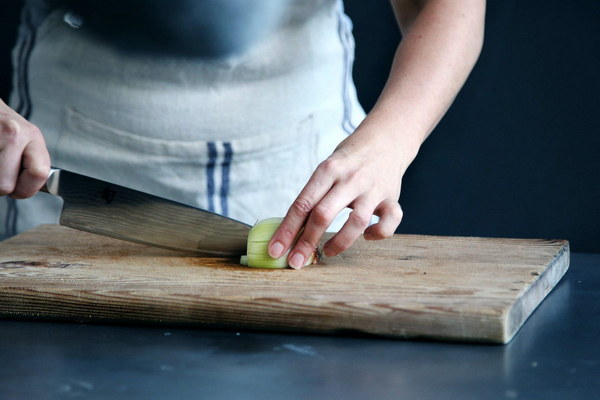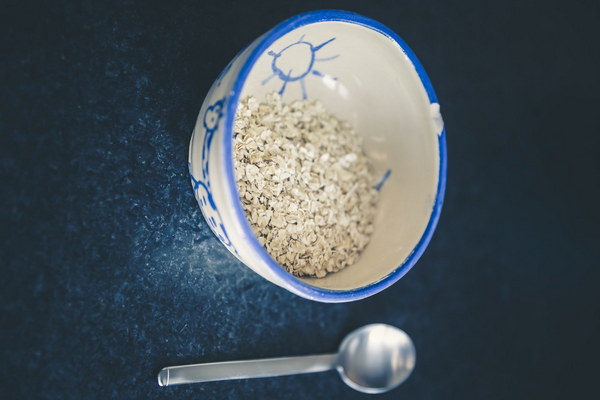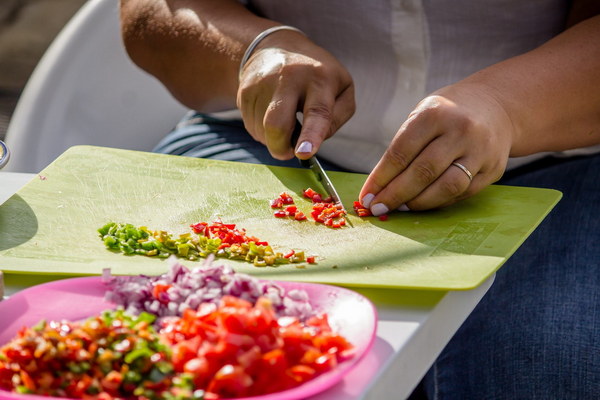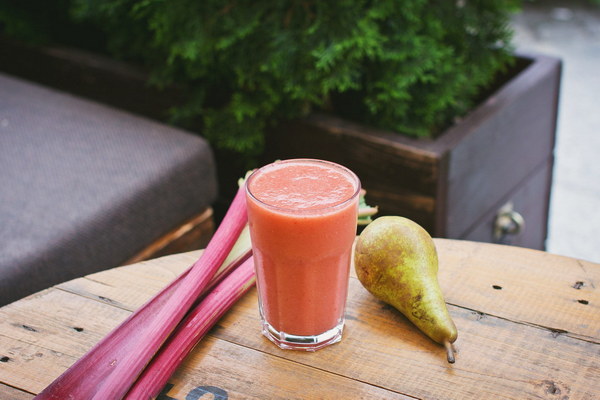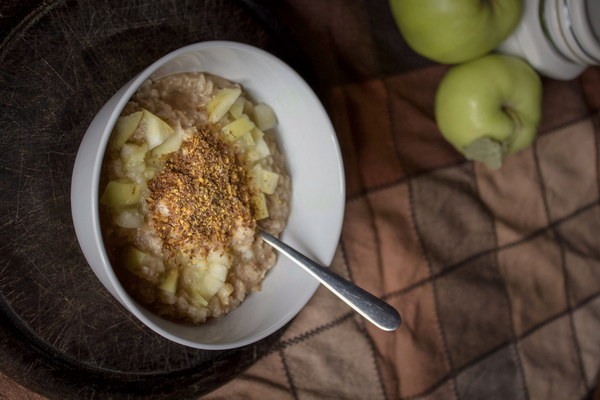The Art of Postpartum Nourishment A 60-Day Journey to Rejuvenation
In the realm of postpartum care, the first 60 days, known as the sitting month or postpartum confinement, hold immense significance. During this period, new mothers are advised to indulge in a regimen of nourishing foods and practices to aid in their recovery and rejuvenation. This article delves into the art of postpartum nourishment, highlighting the essential principles and practices that form the cornerstone of this transformative 60-day journey.
The Importance of Postpartum Nourishment
The postpartum period is a time of profound change for a new mother's body. Childbirth, whether vaginal or cesarean, can leave the body weakened and in need of substantial healing. This is where the concept of postpartum nourishment comes into play. By providing the body with the necessary nutrients and energy, postpartum care helps restore vitality, enhance milk production, and promote emotional well-being.
Principles of Postpartum Nourishment
1. Balanced Diet: A well-rounded diet rich in essential nutrients is vital for postpartum recovery. Key components include:
- Protein: To repair tissues and support milk production, foods like lean meats, fish, eggs, dairy, and legumes are recommended.
- Iron: To combat postpartum anemia, incorporate iron-rich foods such as lean meats, beans, lentils, leafy greens, and fortified cereals.
- Calcium: To maintain bone health and support milk production, consume dairy products, leafy greens, and fortified foods.
- Vitamin D: Essential for bone health and milk production, sources include fatty fish, egg yolks, and fortified milk and cereals.
- Omega-3 Fatty Acids: Found in fish oil, flaxseeds, and chia seeds, omega-3s help reduce inflammation and improve brain function.
- Hydration: Staying hydrated is crucial for recovery. Drink plenty of water, herbal teas, and broths.
2. Traditional Remedies: Many cultures have developed traditional remedies that promote postpartum recovery. These may include:
- Soup: Warm, nourishing soups are often recommended to aid digestion, provide energy, and support milk production.
- Herbs: Certain herbs, like ginger, turmeric, and cinnamon, have been used for their healing properties and to aid in digestion.
- Acupuncture: Some women may opt for acupuncture to support their recovery and reduce postpartum pain.
3. Rest and Relaxation: Rest is a critical component of postpartum care. New mothers should prioritize sleep, take breaks when needed, and delegate tasks to allow for adequate rest and recovery.

4. Emotional Support: Postpartum care is not just about physical recovery; it also encompasses emotional well-being. Surrounding oneself with a supportive network of family and friends can help new mothers navigate the emotional challenges of this period.
5. Gradual Reintroduction of Solid Foods: After childbirth, it is essential to reintroduce solid foods gradually. Begin with easily digestible foods, such as soups, broths, and rice, and progress to more substantial meals as digestion improves.
Conclusion
The postpartum period is a delicate time when new mothers require special attention and care. By embracing the art of postpartum nourishment, women can embark on a transformative 60-day journey of recovery, rejuvenation, and emotional well-being. By focusing on a balanced diet, traditional remedies, rest, emotional support, and gradual reintroduction of solid foods, new mothers can nurture their bodies and minds, setting the stage for a healthy and happy postpartum experience.


